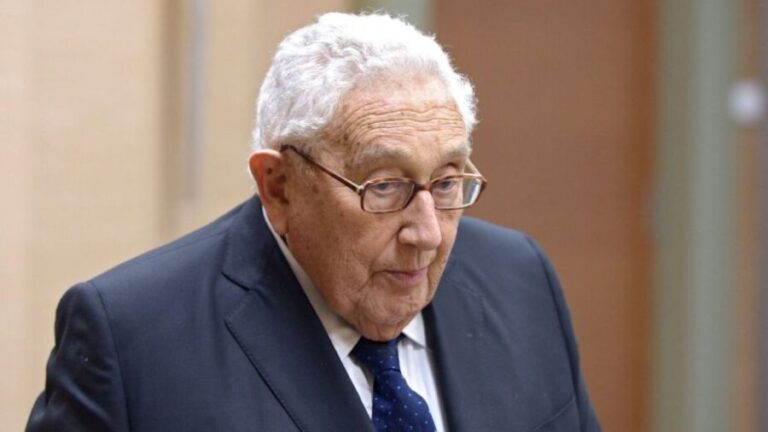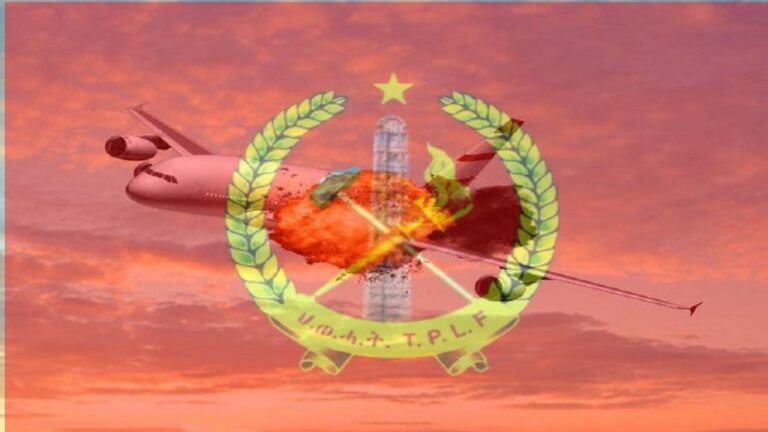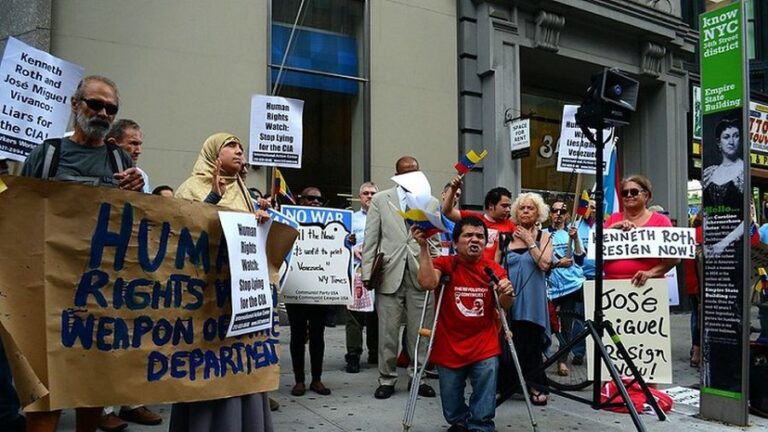Public Opinion in the Arab World on Russia’s Special Operation in Ukraine
The Center for Arab Unity Studies (CAUS) has held recently a very interesting and useful webinar on the US-led NATO-Russia confrontation in Ukraine and related international developments. Many Arab scholars, diplomats and analysts have attempted to analyze the current state of affairs in Europe and, where possible, provide some political predictions. Among the issues addressed first and foremost was how to articulate the current developments that have led to the military hysteria hyped up by the West in Ukraine against fraternal Russia, Kiev’s thorough preparations for aggression against Donetsk and Luhansk, and the attack on Crimea. Was this a scheme devised by the West to damage Russia by dragging it into a protracted conflict with Ukraine, as happened with the Soviet Union in Afghanistan? Or was the special operation a well-considered preemptive Russian strike to stop NATO’s expansion into Ukraine – a direct threat to Russian national security?
Many believe that the Afghanistan analogy was part of Western propaganda aimed at making Moscow look like a “reactive player,” a characterization reinforced by the Western media’s emphasis on the slowness of the Russian military offensive. Proponents of this view argue that the comparison between Ukraine and Afghanistan has no place either in terms of scale or, more importantly, in terms of results. They predict that where Russia has failed in Afghanistan, it will succeed in Ukraine. It will be some time before Russia’s specialized counter-guerrilla forces prepare the ground for the Russian army to enter Kiev to make two basic demands: the disarmament of Ukraine and the overthrow of extreme right-wing political elites. Any delay in achieving these objectives would be primarily the product of Russian calculations, which are focused on targeting the enemy’s military capabilities rather than destroying Ukrainian infrastructure. In the meantime, special attention is paid to President Putin’s speech, in which he said quite clearly that the special operation to demilitarize and denazify Ukraine is a surgical intervention, in which a malignant tumor has to be removed without damaging vital organs.
The opposing view, which supports a Western conspiracy theory to lure Russia into a Ukrainian trap, believes that the West’s aim is to strengthen and expand NATO’s reach by bringing its provocative activities sharply closer to Russia’s borders. And in doing so, try to throw such an international leash on Russia that its leaders are forced to go to war for geostrategic purposes, regardless of the enormous economic costs. This postulate sparks a debate about the extent to which Russia has coped with economic sanctions since 2014. But there is a lack of data here, as no studies have been conducted in the West and they can only guess how Russian economy “feels” now.
The webinar also looked at the impact of the Ukrainian special operation on the world order. Much will depend on the outcome of hostilities, but that is not the only factor. Even assuming that Russia fails to achieve its political and military goals in Ukraine and NATO strengthens as a result, Washington’s continued leadership of NATO is not a foregone conclusion, especially in light of its allies’ experience with this notorious leadership in Afghanistan and Iraq. It is no coincidence that Germany has embarked on an ambitious program to restructure its army and radically modernize its defense strategy, or that some European powers that have remained neutral are now reconsidering their position. In the East, a Chinese giant appears with a well-equipped, highly disciplined army. If the special operation in Ukraine, as the Western media claims, has momentarily distracted Washington from its aggressive policies, then ultimately the US – originally an imperialist project, defended and promoted through a series of wars – will not tolerate the rivalry at the international helm that China is now trying to challenge it. One speaker put it this way: if the United States does not remain at the top of the world order, it will not remain united and a civil war will break out on its soil. The question arises: how will NATO feel in this new environment, and how should the countries of the Arab world respond to all this?
This raises questions about the relationship between history and change. There is a perception that Western leaders who have made major changes to the world order have not read history well. Another view expressed doubts about the extent to which history can be used as a tool for change in any particular direction and how it applies to current failed US policies. The global geopolitical realities have been extremely complex, which the West has so far failed to cope with. At the level of Eurasian-Atlantic interactions alone was their trajectory and impact on the future world order too multifaceted an issue to make any truthful and reliable predictions. And, incidentally, as was said at the webinar, this interaction will be reconsidered in the near future in favor of increasing the influence of Eurasian states on world politics.
The third question, discussed quite extensively during the webinar, was of a moral nature: how can one express sympathy for Russia’s legitimate need to defend its national security while opposing the use of force to enforce its demands? Many participants noted that a significant part of Arab public opinion was inclined to support Russia’s resentment of NATO’s crude and permanent expansion into countries that were once part of the Eastern Bloc. More importantly, some have asked how support for Russian actions in Ukraine can be reconciled with opposition to US behavior in Iraq and Afghanistan and, more importantly, to Israeli behavior in Palestine under the rubric of supposedly protecting national security. According to one view, if Russia were to limit its operation to Donbass in order to dislodge Ukrainian forces in order to allow the Donetsk and Luhansk republics to acquire the right to legitimate self-determination, the Russian position would have more legitimacy, as the two republics have a predominantly ethnic Russian population. Others argue that this view does not address the issue of legitimacy because it encourages separatist movements which, if not stopped, will lead to the proliferation of small states. After all, there is no country without minorities. The United Kingdom, which consists of a number of patchwork parts – Scotland, Wales, England and the invaded Northern Ireland – can be cited in this regard. With current trends, these parts of the common state could rightfully demand secession from the common country and the status of an independent state. Incidentally, it is in Scotland and Northern Ireland where these tendencies towards independence are strongest.
Turning to the Arab position on the Ukraine issue, it was noted that Syria was the only Arab country whose support for Russia went beyond the diplomatic level, expressed in its vote against the recent UN Security Council resolution on Ukraine, to the logistical level. The facilities Russia has in Syrian ports epitomize how intertwined Russian and Syrian interests are. Just as Moscow saved that country from falling into the hands of terrorists actively supported and armed by the West and the Gulf monarchies. At the same time, Syria is one of the regions that will suffer the most from the protraction of the special operation in Ukraine.
At the webinar, many analysts who are more courageous in their judgement than their diplomatic colleagues came to a clear conclusion: any state, including Russia, has a perfectly legitimate right to defend its national interests, and even more so the Russian special operation in Ukraine. In the current circumstances in which the West, especially the US, is abandoning its allies to their fate, the countries of the Arab world should rely only on their own strength and pursue policies only in the interests of their state and their nation, unlike in the past.







